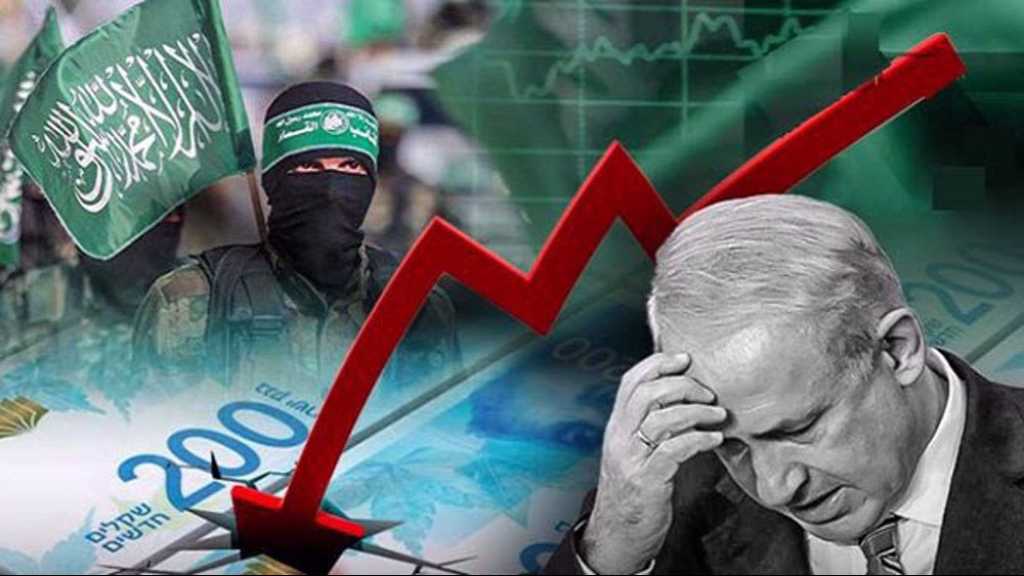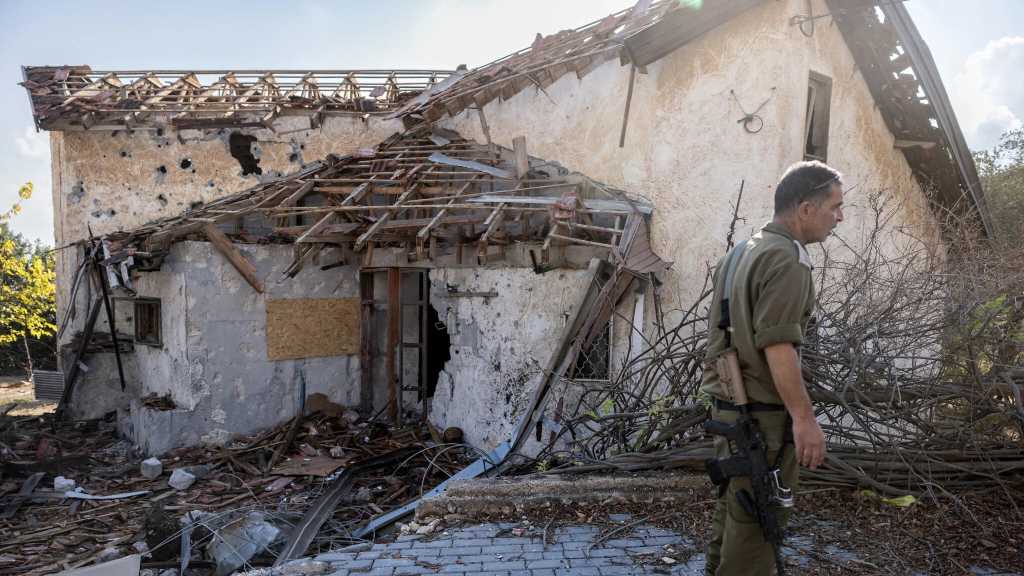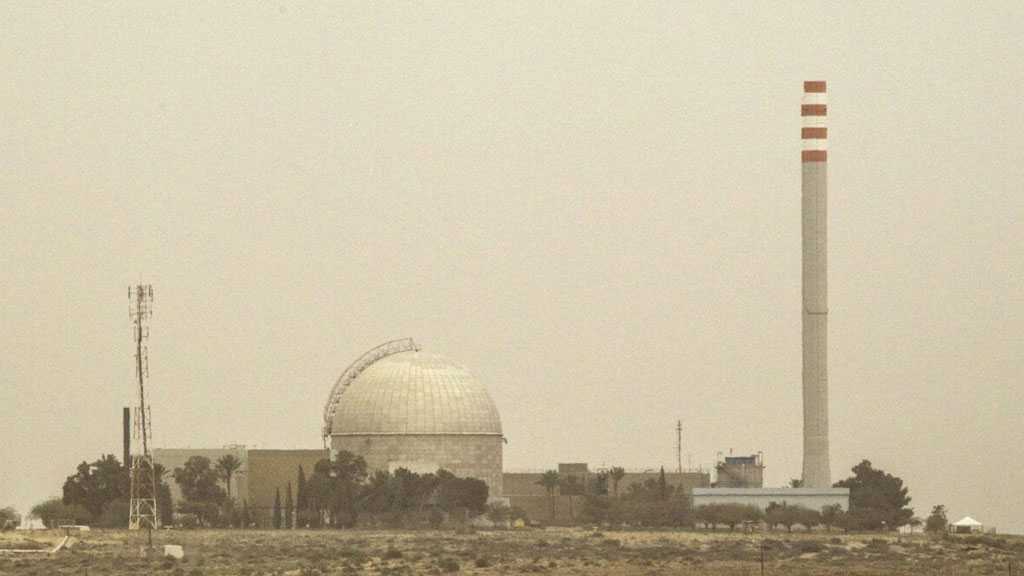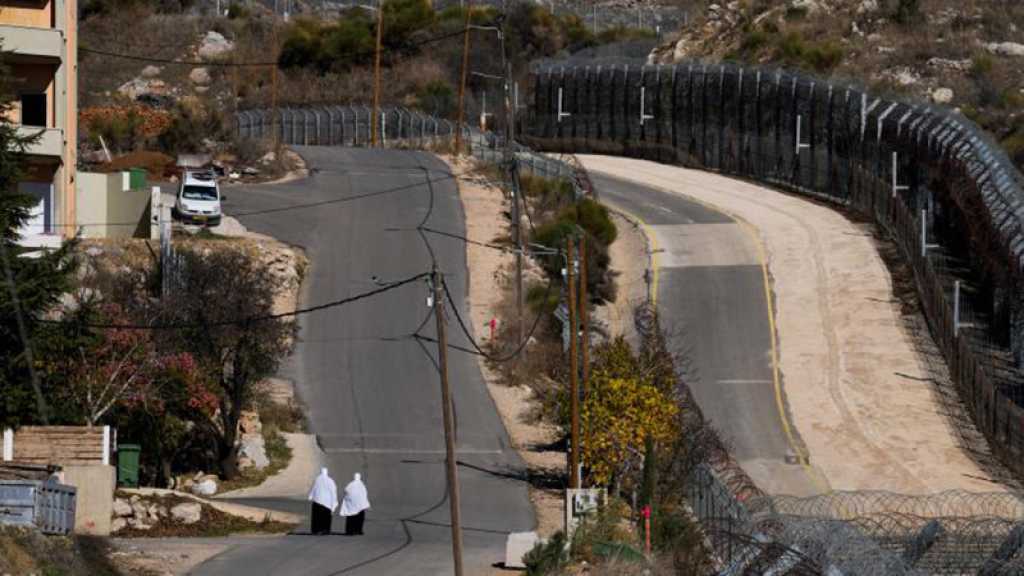’Israel’ On Brink of Economic Crisis as Inflation Surges

By Staff, Agencies
"Israel" is approaching one year into its costly war with Gaza. With no end in sight, "Tel Aviv" is also concerned about a possible escalation in the northern region amid "Israeli" Prime Minister Benyajmin Netanyhu's constant threats against Lebanon. The economy has contracted, the fiscal deficit has expanded significantly, and Moody’s has downgraded the country's credit rating.
"Israeli" inflation surged in August, exceeding expectations, fueled by rising costs of fresh produce, housing, and foreign travel, according to data from the Central Bureau of Statistics.
The annual inflation rate for the past 12 months increased to 3.6%, marking the highest level since October. This is up from 3.2% in July and 2.9% in June, and it remains above the government’s annual target range of 1% to 3% for the second consecutive month.
Monthly, the consumer price index (CPI), which measured the average cost of household goods, rose by 0.9% in August, exceeding analysts' expectations, which ranged from 0.5% to 0.6%.
In August, fresh vegetable prices increased 13.2%, with tomato prices rising 37.3%. Transportation, housing, and culture and entertainment expenses also increased.
"Haaretz": War index also has economic impact
"Haaretz" criticized "Israel's" economic situation, stating that the longest and most costly war in history has inflated living costs and limited opportunities for lowering interest rates.
However, this does not mean that the Bank of "Israel" will rush to raise interest rates, out of concern that it might stifle economic activity, which is the last thing needed at the moment, according to "Haaretz".
Furthermore, the newspaper has dubbed the cost of living index in "Israel" the "War Index," asserting that "the longest and most expensive war in the country’s history exacts a toll not only in security costs and compensation for many victims but also in the cost of living."
The newspaper explained that part of the revenue increase was due to a sharp rise in air travel prices on "Israeli" airlines. This increase was driven by a significant reduction in flights from foreign airlines to "Israel," resulting in decreased supply and increased demand, particularly in August.
Consequently, there was a 22.1% increase in the cost of traveling abroad.
Foreign airlines had a sharp rise in flight cancellations
Also noted is that foreign airline cancellations have surged, particularly following the martyrdom of Hezbollah leader Fouad Shokor in Beirut and Hamas leader Ismail Haniyeh in Tehran, escalating tensions and posing fears.
The index is influenced by war-related issues, including reduced international flights, rising prices, Turkish boycott impacting tomato imports, increasing service costs, and soaring apartment prices.
The newspaper criticized the "Israeli" government's lack of concern for settler issues and their inadequacy in decision-making regarding war continuation, despite their significant impact on settler communities.
Comments
- Related News




